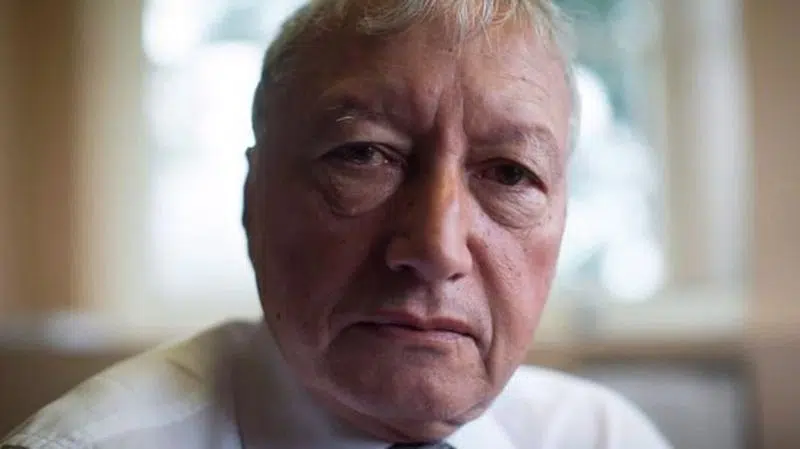
B.C. can’t be punished by feds if private-care proponent wins case: lawyer
VANCOUVER — Government lawyers have made irrelevant arguments in British Columbia Supreme Court by saying the province would lose millions of dollars a year in federal funding if a lawsuit seeking an expansion of private health care is successful, a lawyer says.
Robert Grant said Ottawa would invite a legal case of its own by denying transfer payments to B.C. and going against any ruling in favour of his client, a surgeon who is challenging a provincial law aimed at maintaining single-tier health care.
“It would almost be a dead obvious constitutional challenge if it (the federal government) attempted to penalize any province complying with the charter,” Grant told Justice John Steeves in closing submissions Thursday.
Dr. Brian Day, who owns the Cambie Surgery Centre in Vancouver, maintains that patients who have waited too long for an operation or diagnostic tests in the public system are deprived of timely care and should have a right to private treatment under the Charter of Rights and Freedoms.


